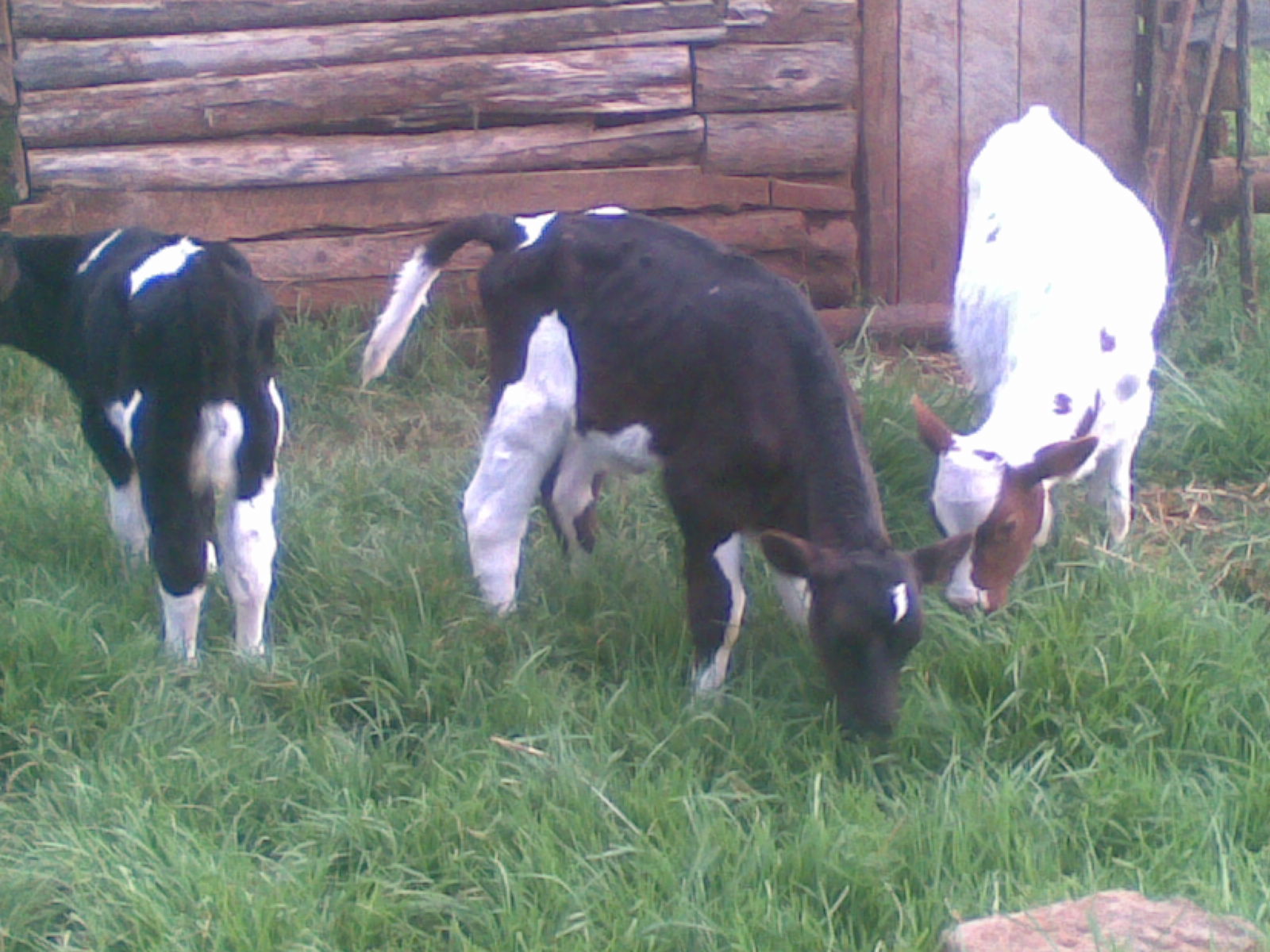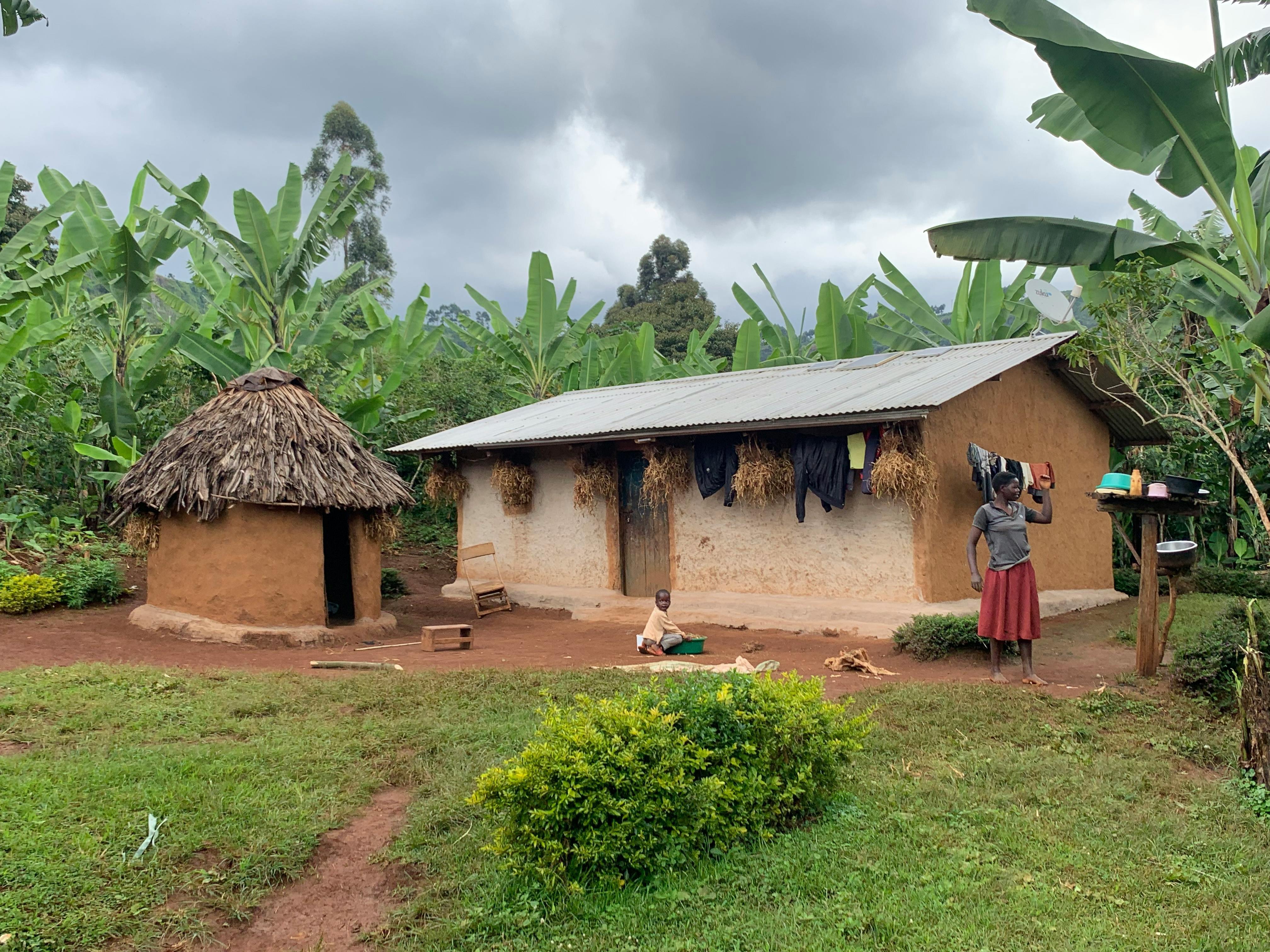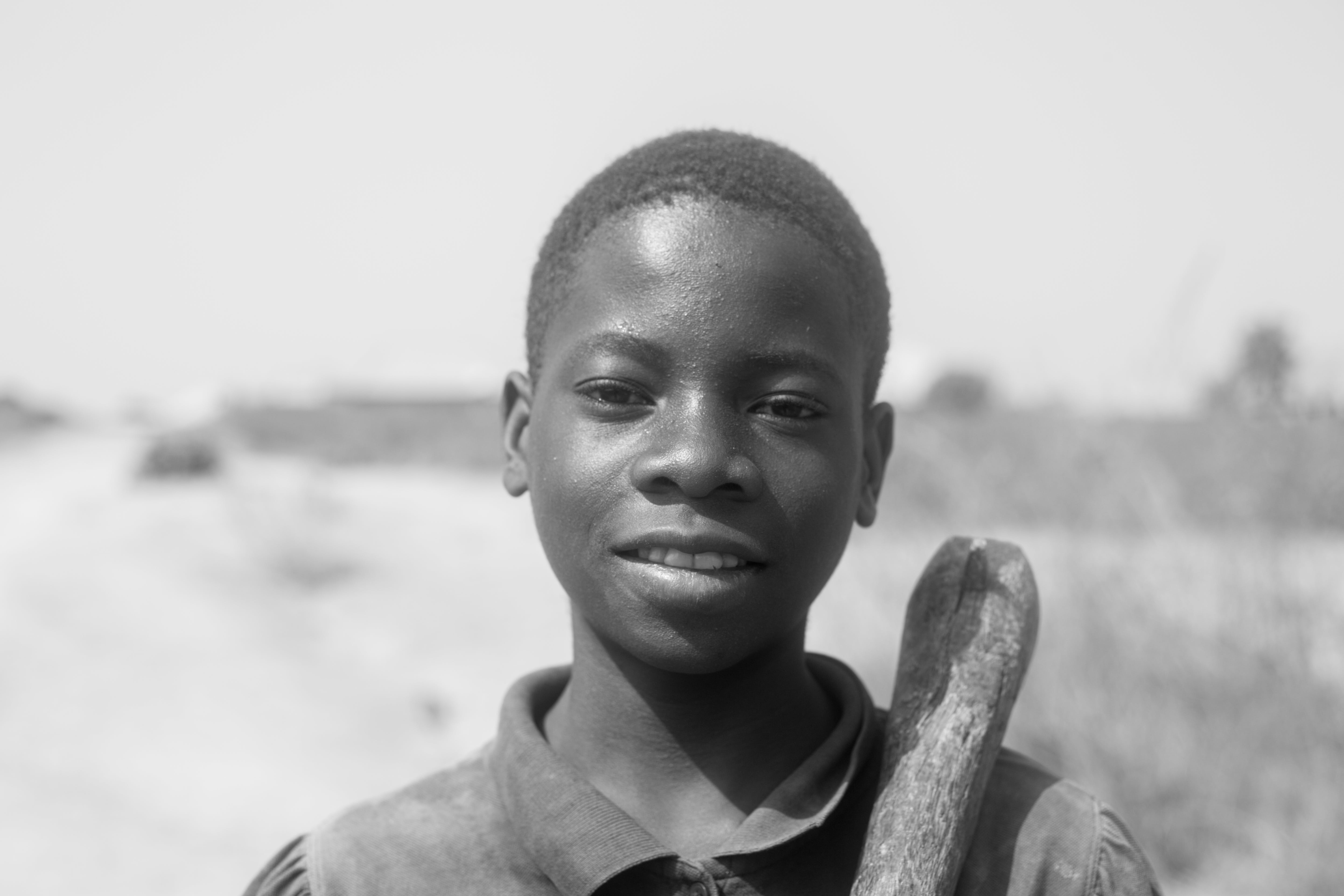Farming In Africa - Growing The Future
Africa's land holds a special place, a deep connection to how people live and what they do every day. It's a place where the soil feeds families and helps whole countries grow. When we talk about farming in Africa, we're really talking about the very core of life for so many people, a way of life that has been around for a very long time and continues to shape everything. It's a story of hard work, of making things from the ground up, and of a future that looks very bright indeed.
This way of working the land, you see, isn't just about growing food. It's about providing jobs, keeping communities strong, and giving people a real sense of purpose. It stretches across huge open plains, through thick green forests, and even in drier spots, showing just how adaptable and persistent people are. The sheer variety of what grows here, from simple grains that fill hungry bellies to rich cocoa beans that travel far and wide, shows how much the land gives back, too it's almost a miracle.
The changes happening in how people farm across Africa are quite something to see. There's a real push to make things better, to help farms give more, and to do it in a way that lasts for many years. This isn't just a small effort; it's a huge movement that could change the lives of millions, helping them have enough to eat and a steady way to make a living. It's a story that truly matters, showing how a basic activity can lead to big improvements for everyone, in some respects.
Table of Contents
- What is the Heartbeat of Farming in Africa?
- How Does Farming in Africa Support Livelihoods?
- Boosting Agricultural Growth in Africa
- What Simple Ways Help Farming in Africa?
- Expanding the Reach of Farming in Africa
- What are the Hurdles for Farming in Africa?
- Bringing Water to Farming in Africa
- Looking at the Bigger Picture for Farming in Africa
What is the Heartbeat of Farming in Africa?
The very core of how Africa works, economically speaking, is really tied to its farms. You see, growing crops and raising animals is, by a very long way, the single most important way people make a living across the continent. It's not just a small part of things; it's the main event, keeping so many people busy and putting food on tables. This work, this tending to the land and its creatures, is what we call agriculture, whether it's for selling things or for feeding your own family, you know.
When you look at the big picture, this sector of the economy has a truly massive impact on how people live and how money moves around. It's a huge employer, with a big chunk of the working population finding their daily tasks here. In fact, a very large percentage of all the jobs in Africa are connected to this kind of work, showing just how central it is to daily life and future plans. It's almost like the main engine driving a very big vehicle, basically.
The money generated by this work also makes up a significant part of the continent's overall wealth. A good portion of what Africa produces each year, its gross domestic product, comes directly from what's grown and raised on farms. This means that when farming in Africa does well, the whole continent tends to feel the benefit, too. It's a very clear connection between the ground beneath our feet and the well-being of millions of people, as a matter of fact.
How Does Farming in Africa Support Livelihoods?
The ways people farm in Africa are incredibly varied, stretching far beyond just the everyday foods we might think of. There's a wide collection of crops that grow here, from simple cereals that are a staple for many, to special cocoa beans that get turned into treats around the globe. This rich mix of what the land can give really shows how different the places are across the continent, with each area offering something a little bit special, so.
For many families living away from the big towns, their daily existence still very much depends on what they can grow or raise. It's not just a hobby; it's their main source of food, income, and a way of life passed down through generations. These households, the ones in the quieter, less crowded areas, are often deeply connected to the soil, relying on it for nearly everything they need to get by. It's a deep bond, really, that goes beyond just planting seeds, you know.
The way farming in Africa is set up also means it touches almost every part of how a society works. It's not just about economics; it has a huge social footprint, shaping communities and traditions. Think about how many people are involved, how families work together, and how local markets thrive because of what farmers bring in. It's a system that supports a lot of people, keeping them busy and providing for their needs in a very direct way, as I was saying.
Boosting Agricultural Growth in Africa
There's a lot of talk, and good reason for it, about how much the market for food and farm goods in Africa could expand. Experts from places like the African Development Bank have looked at the numbers and see a truly impressive jump coming. They believe that the money moving through this part of the economy, which was already quite a lot a few years back, could become vastly bigger in just a few more years. This kind of growth would mean a lot for everyone, naturally.
This expected rise in the value of farming in Africa isn't just about making more money; it's about how that money can change the whole path the continent is on. When farms do well, it creates more opportunities, helps more people get out of tough situations, and makes countries stronger overall. It's a key part of how Africa can build a better future for its people, giving them more stability and chances to succeed. It's a very clear way forward, you see.
The way this sector grows can truly help shape how the continent develops. If farming in Africa can keep getting better, it means more food for a growing population, more jobs for young people, and more money staying within local communities. It's a kind of engine for progress, helping to pull up living standards and create a more secure environment for everyone who lives there. This is a big deal, and it's something many people are working hard on, actually.
What Simple Ways Help Farming in Africa?
It's interesting to see that agriculture in Africa often uses straightforward but very effective methods. We're talking about technologies that aren't overly complicated but make a real difference on the ground. These are practical solutions that farmers can pick up and use, helping them get more from their land without needing a lot of fancy equipment or deep technical know-how. It's about smart thinking and simple tools that work, you know, just a little bit.
A lot of good things are happening because governments across Africa are stepping in to help their farmers. They're putting in place ways to make sure that people who work the land can grow more and do it better. This support can come in many forms, from sharing good ideas to providing some basic tools or training. It's a real effort to boost what farmers can achieve, which in turn helps everyone in the country, too it's almost a collaborative effort.
There are also specific projects, like the one from Jimma University, that are acting as a real push for change in farming in Africa. These kinds of efforts are like a spark for a bigger transformation, showing what's possible when people come together with new ideas. They're helping to lay out a kind of plan for how farming can really improve across the continent, making it more productive and more secure. And, apparently, some reports suggest that using smart farming techniques could even help cut down on the costs of what farmers need to buy, which is a pretty big bonus, as a matter of fact.
Expanding the Reach of Farming in Africa
When you look at the different kinds of farming that happen in Africa, you find some interesting shifts. For example, a lot of people who are starting out in farming are now getting into raising fish. This kind of water-based farming is becoming a popular choice, showing how people are finding new ways to use resources and create food. It's a sign of how farming in Africa is always finding new avenues, always changing and adapting, so.
Some countries really stand out for what they produce. Take Rwanda, for instance; it's a big source of coffee, which many people around the world enjoy, and also tea. They also grow a natural bug-killer called pyrethrum, which is quite special. Then there's Nigeria, which has the largest population in Africa, and it's a real leader in many agricultural areas, though the text doesn't say exactly which ones. It's clear, though, that their farming efforts are very significant, too it's almost a powerhouse.
These examples show that farming in Africa isn't a single, uniform thing. It's a diverse collection of activities, each suited to its own place and local needs. From growing crops on vast fields to tending to fish in ponds, the methods and products are as varied as the continent itself. This variety is a real strength, allowing different regions to focus on what they do best and contribute to the bigger picture, you know, in a way.
What are the Hurdles for Farming in Africa?
Even with all the good things happening, farming in Africa does face some real challenges. For one, the number of people living on the continent is growing very quickly, which means there's more demand for food. At the same time, more and more people are moving from the countryside into the cities, which can change how farms operate and who is available to work the land. These shifts create a unique set of issues that need careful thought, too it's almost a balancing act.
Another thing to consider is how much food Africa still buys from other countries. There's a significant amount of money spent on bringing in agricultural products from outside, and that figure is expected to keep growing over the next few years. This shows that while farming in Africa is strong, there's still a need to produce even more locally to meet the needs of its people and reduce reliance on imports. It's a big economic point, basically.
These challenges, like a rapidly increasing population and people moving to urban areas, can put a lot of pressure on the farming sector. It means farms need to become even more efficient and productive to keep up. It's a constant push and pull, where the need for more food meets the realities of land, water, and labor. Addressing these issues is a big part of making sure farming in Africa can continue to thrive, in some respects.
Bringing Water to Farming in Africa
One very important way that farming in Africa is getting better is through the use of irrigation. This means bringing water to fields that might not get enough rain on their own. It's a way to make sure crops have what they need to grow, even in drier times or in places where water is usually hard to come by. This method allows for a steady supply of water, which is pretty essential for good harvests, you know.
What's really interesting is that this kind of watering system also makes it possible to use land that was once considered difficult for farming. If a piece of land is good and rich but doesn't have a reliable source of water, irrigation can change everything. It helps to bring that land back into use, making more areas suitable for growing food and raising animals. It's a smart way to get more out of the available ground, so.
The amount of food coming from these watered fields in Africa is actually on the rise. Farmers are increasingly adopting these methods, seeing the benefits of having control over their water supply. This means more food is being produced from areas that might otherwise struggle, adding to the overall food supply for the continent. It's a positive trend that shows a real commitment to making farming in Africa more resilient and productive, as a matter of fact.
Looking at the Bigger Picture for Farming in Africa
To truly understand how farming works in Africa, people have put together huge collections of information. There's a dataset, for example, called Evidence for Resilient Agriculture, which brings together many thousands of observations from agricultural studies done all over Africa. This helps people see what's working well and what needs more attention, giving a very broad view of the farming scene. It's a way to learn from what's already happened, basically.
When you look at specific parts of the continent, like the area often called the "Horn of Africa," you see just how many people are involved in farming. A very large number of the people living there, well over half, actually work as farmers. This really highlights how deeply connected the population is to the land and to agriculture as their main way of life. It's a very clear sign of the importance of farming in Africa to daily existence, you know.
Ultimately, agriculture isn't just an industry in Africa; it's the very lifeblood of the continent. It's woven deeply into its long history, its many different ways of life, and how its economies function. Whether it's vast grasslands, dense forests, or dry, sandy areas, farming is happening. It's a constant, enduring force that shapes everything, providing sustenance and a path forward for millions of people. It's a story that keeps unfolding, too it's almost endless.

7 FARMING SYSTEMS IN AFRICA - Africa Farming

Farming Africa Photos, Download The BEST Free Farming Africa Stock

Farming Africa Photos, Download The BEST Free Farming Africa Stock